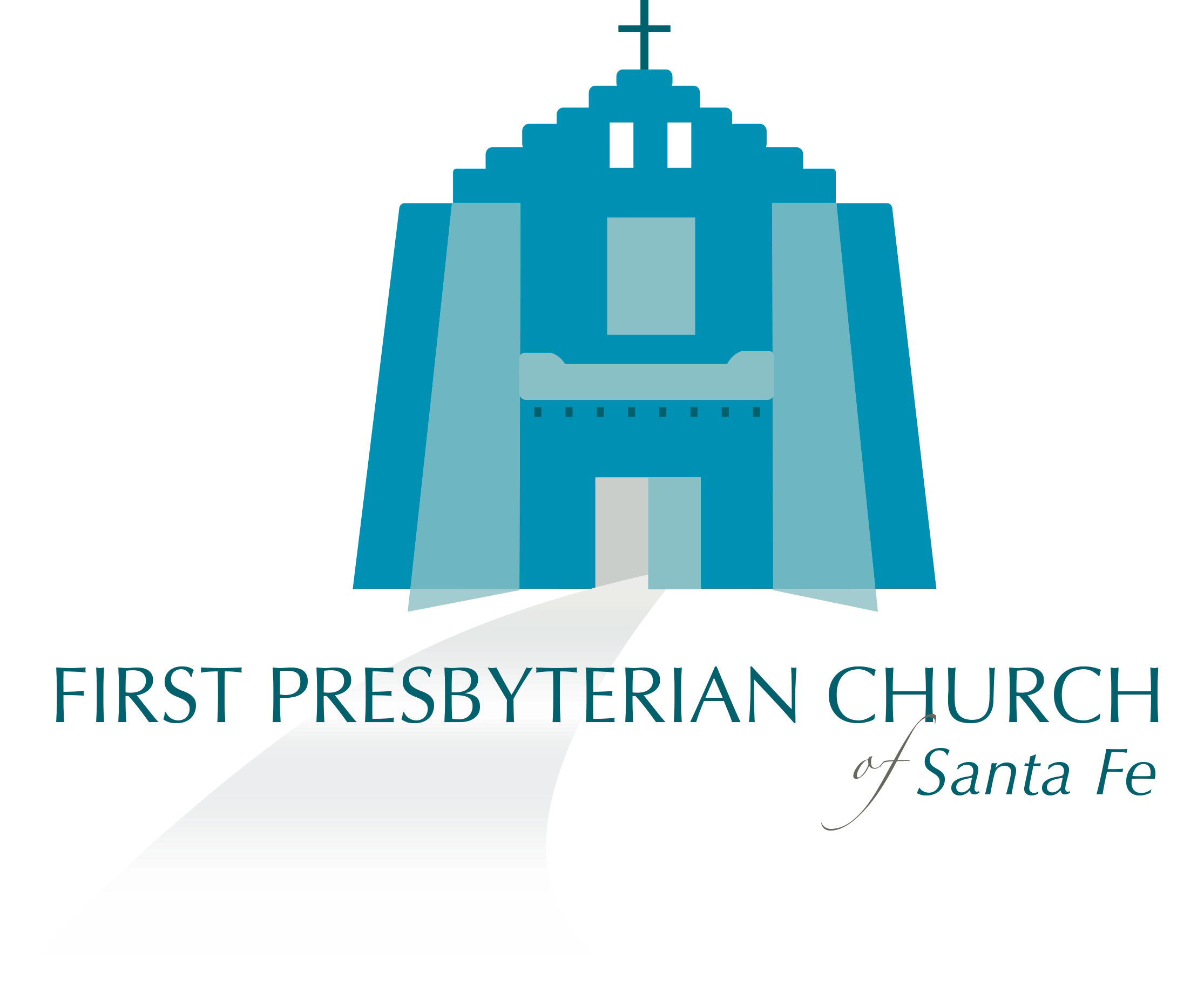Dear Saints in Santa Fe, and other far-off places—
Greetings in the name of Jesus Christ, who said once that the truth will set us free.
Who said, “What is truth?”
This is the only question I remember from the ordination exam I and other Presbyterian students took back in 1984. This Bible content exam, one of five needed to continue our journey to becoming Presbyterian pastors, was multiple choice and I only remember this question because I got it wrong, and apparently so did my classmates. We had dinner together following the exam in the Refectory at Yale Divinity School and this was the question we all discussed. Who said it? Never heard the question before. Are you sure it’s in the Bible?
“What is truth” may have been perplexing back then, but it has become central to the confusion and chaos of our present discourse. We live in a world where truth gets turned upside down and inside out and leaves us bewildered with the variety of ways it is stretched and hidden and contradicted. What is truth, indeed!
Miriam-Webster defines truth as “The body of real things, events, and facts.” Why is this so hard, and why can’t we come to some common understanding of some basic truths? The result is division and the fracturing of society which we see playing out today.
In our story this Sunday, Mark 5:25-34, a woman who has suffered from hemorrhages for twelve years, comes up behind Jesus in the crowd and touches his cloak. Immediately her bleeding stops, and she feels that she is healed from her disease.
How different this healing is from all the others. She says she is healed even though Jesus never saw her. He never looked into her eyes nor knew her specific suffering. Is this how healing works? Do we merely touch Jesus’ cloak and we are well?
The story continues. Jesus feels power go forth from him as his cloak is touched. Interesting that he would know this in the crush of a crowd and was adamant in finding the person. Why? Was Jesus mad? Would he reprimand her for being so cheeky? Or was the healing not yet complete?
Jesus does not pronounce her well and to go in peace until she tells Jesus the whole truth. I never saw this before! Healing is telling the truth. Telling the truth is healing. I assume this means everything about her life and what has happened to her, her longings and motives, her shame and joy, her fears and her joys.
Healing comes when we unburden ourselves of all that gets piled up inside. It is trying not to hide the bad parts. It is being honest about what we have done, good and bad. It is admitting that we are human and there is frailty involved in such a condition.
Imagine if we all told the whole truth? The words startling and chaos come to mind. But let’s imagine if people told the whole truth, those in power and those with none, and shared their fears, admitted their mistakes, and acknowledged their frailties? It would rock society, no doubt. Some mountains would probably be moved. People might see how we are all connected. We might better understand our shared humanity and share in solutions that might better the world. It would set us free.
So back to the question I got wrong so many years ago. It was Pilate at Jesus’s trial. This notorious man, doing the bidding of the Empire, seemed to have a moment of clarity as he looked at Jesus. “What is truth?” he asked. Little did he know, or perhaps he did, that he was looking straight at it.
Grace and peace,
Harry
